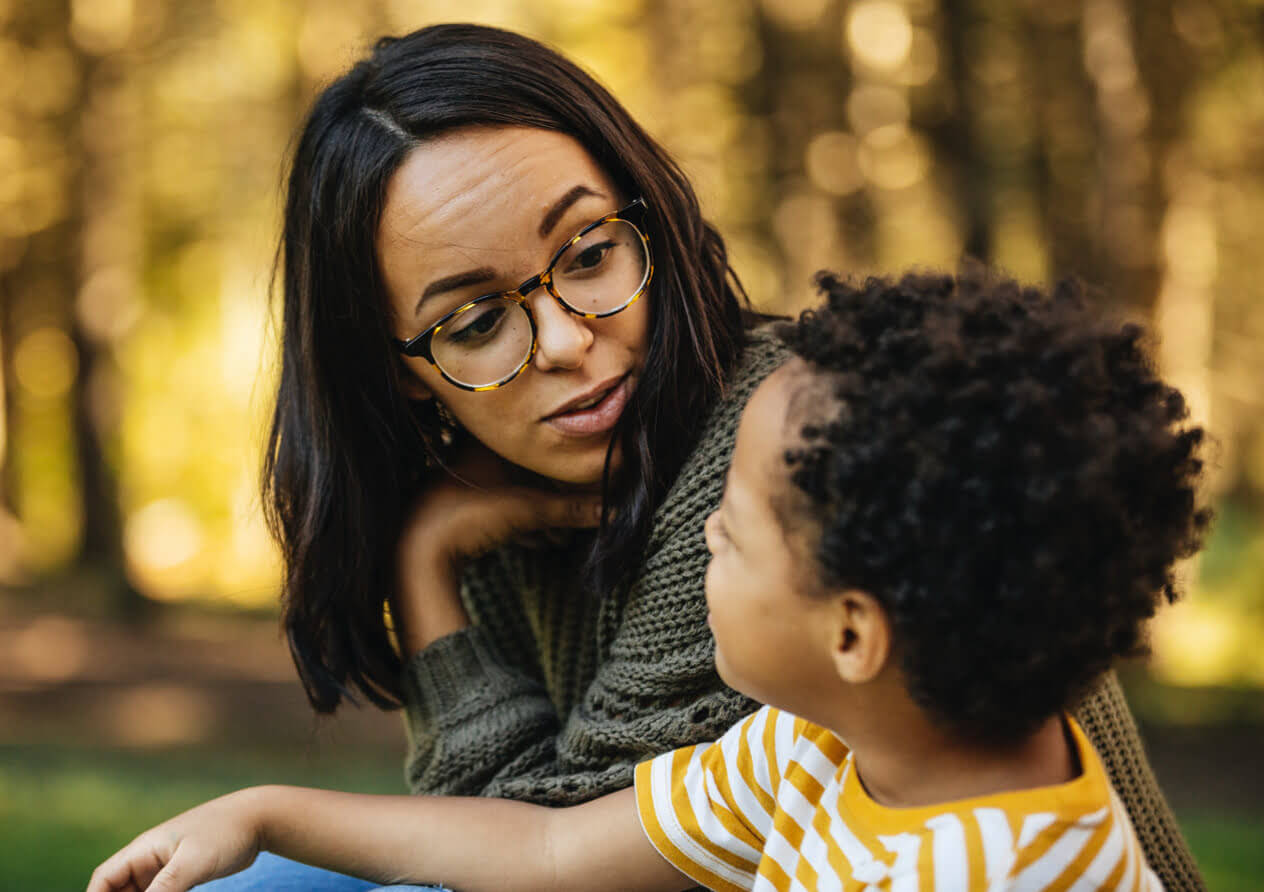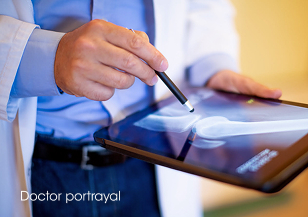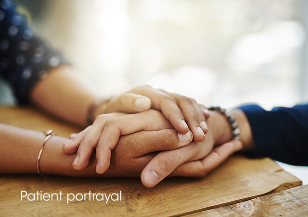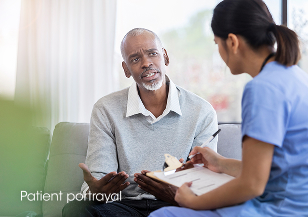Helping women get answers about their health.
Like men, women can show symptoms and be diagnosed with hemophilia, too. Understanding how hemophilia impacts women can help you work together with your doctor to make the best decisions for your health and your family.
Understanding hemophilia in women
About half of girls and women who are carriers for hemophilia have factor activity levels below 50%, meaning they could have symptoms of hemophilia.
If any of the signs or symptoms below
seem familiar to you,
consider reaching out to your doctor to tell them what’s going on.

Patient portrayal
The common signs of hemophilia in women include:
Heavy menstrual periods
Low iron levels or anemia
Frequent nosebleeds that last longer than 10 minutes
Bleeding from cuts lasting longer than 5 minutes
Easily bruised
(raised and larger than a quarter, happening on a weekly basis)
Joint bleeds
(pain, swelling, unusual sensations, warmth, loss of motion)
Family history of a bleeding disorder
Heavy bleeding from surgery
Realizing you’re more than “just a carrier”
Hear about one CoRe’s personal journey with hemophilia and her self-advocacy tips for other women who are living with hemophilia.
You are your own best advocate
Every day, people are becoming more aware of how hemophilia can affect women. By sharing your story, you can empower yourself and others.
It’s especially important to advocate for yourself at doctor’s appointments. Use our Lifestyle and Treatment quiz to get a personalized discussion guide for your next appointment.
Take the quiz







